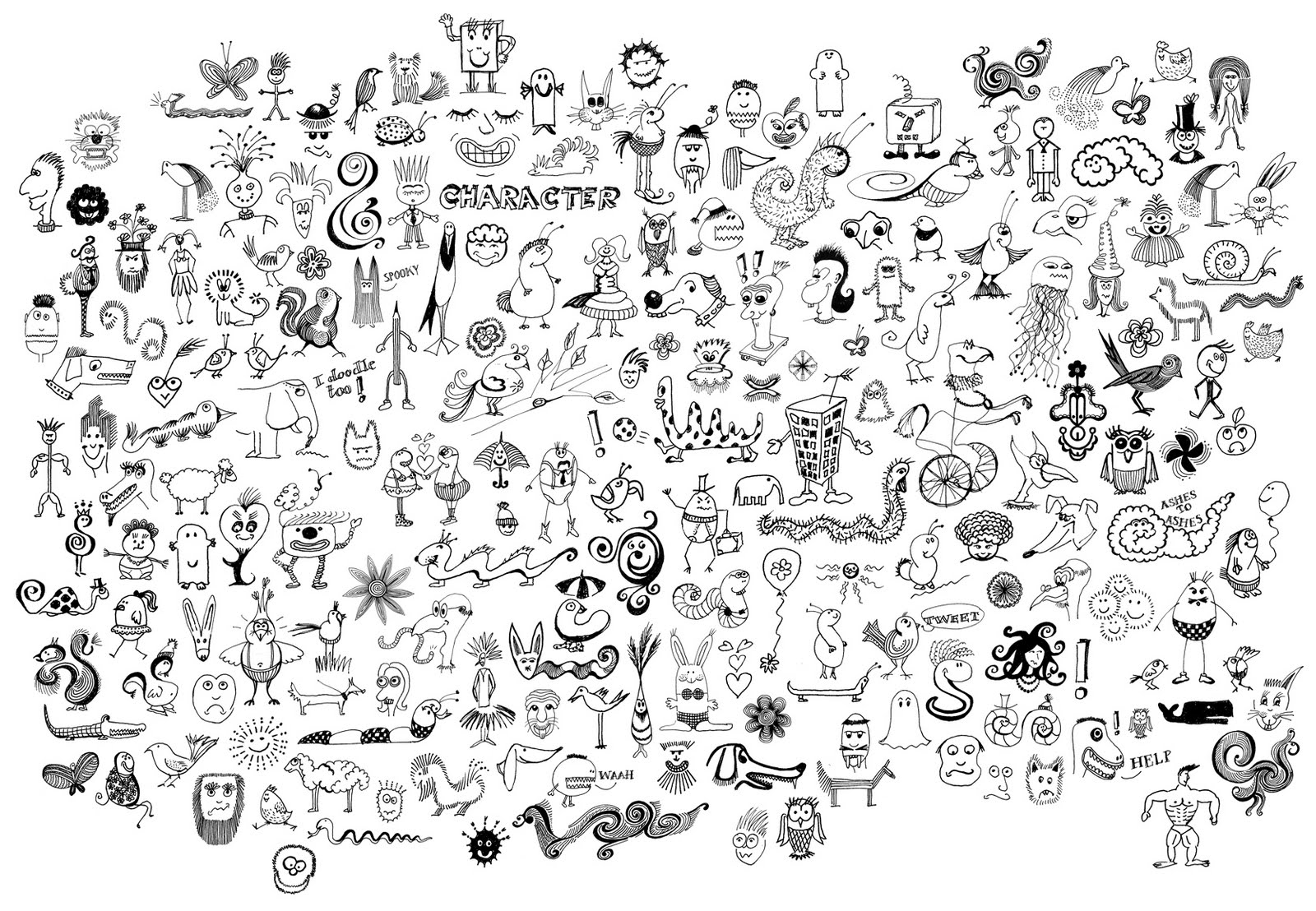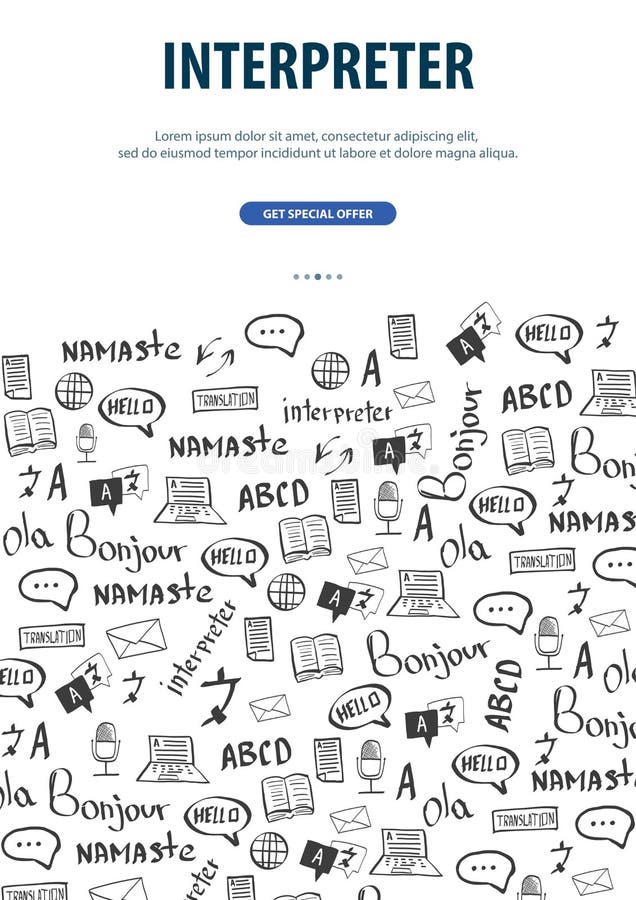

A drawing with abstractions or quirks? That meant a child didn’t quite understand the object she was trying to depict. They argued that when a child drew something simple-looking, like a human figure in the “tadpole” style-a sort of circular head with arms and legs jutting out of it (and, usually, no torso) that’s common in kids’ drawing-it was because of the child’s misconception of how, say, the human body is organized. Starting in the 20th century, psychologists tended to assume that a kid had reached a high level of drawing development if she could depict something realistically. If the drawing seems angry or dark, they might worry about what it means.īut experts say these responses rely on an outdated understanding of children’s drawing. Observers tend to laugh these sorts of things off as a kid’s erratic artistic process. There was a sideways house (or was it a knife?) a giant tooth resembling candy corn a supposed self-portrait consisting of an oval with some jagged lines in the middle. In either case, a common reaction is to smile and ask, “What’s it supposed to be?”Īfter all, these creations rarely look like anything fully recognizable or “real.” I uncovered a host of idiosyncrasies after asking parents about their kids’ art. Or she might think it’s ridiculous or downright terrifying. A bystander might think the art-or at least the fact of its existence-is cute.


High on the list of awkward social interactions is the moment when a dentist or a co-worker shows off her young child’s nonsensical art.


 0 kommentar(er)
0 kommentar(er)
